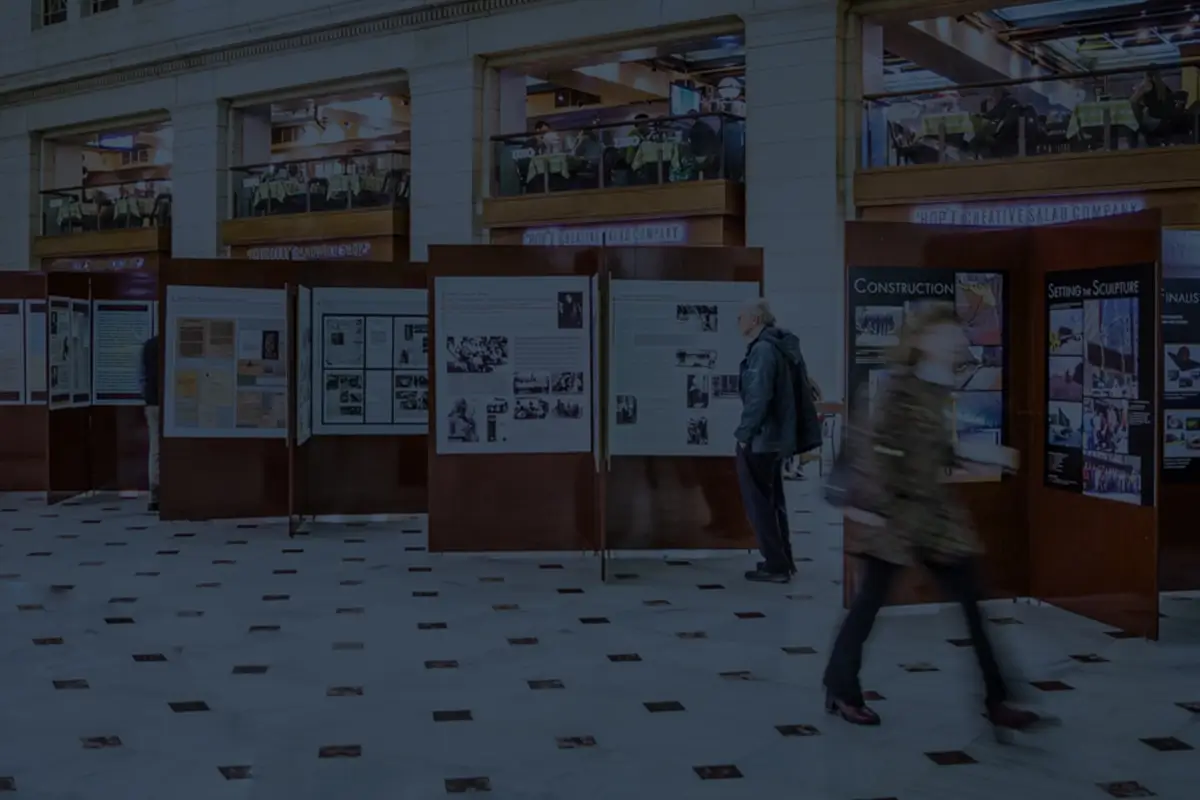Virginia becomes 18th US state to recognize Holodomor as genocide
The U.S. state of Virginia has recognized the Holodomor – Joseph Stalin’s deliberate starvation of 4 million Ukrainians from 1932-1933 – as genocide in a document made public by the Embassy of Ukraine in the United States on Nov. 7.
November 7th is known as “National Day for the Victims of Communism.” President Trump has issued a message on this significant day and has mentioned the Holodomor as victims of communism.
November 7th is known as “National Day for the Victims of Communism.” President Trump has issued a message on this significant day and has mentioned the Holodomor as victims of communism.
Red Famine: Stalin’s War on Ukraine, by Anne Applebaum: starvation as a weapon
This book centres on the horrific and formative events that occurred in Ukraine from 1932-1934 and resulted in the death of upwards of four million people in a series of politically orchestrated famines perpetrated by Soviet officials on the Ukrainian people.
State of Kansas Recognizes Holodomor as Genocide Against Ukrainians
"Another U.S. State has recognized the Holodomor of 1932-1933 in Ukraine as genocide against the Ukrainian people. Jeff Collyer, Governor of the State of Kansas signed the proclamation to consider 2018 as Ukrainian Genocide Rembembrance Year
Nationwide Holodomor awareness effort under way for 85th anniversary commemoration
As part of a year-long worldwide commemoration of the 85th anniversary of the Holodomor, the U.S. Committee for Ukrainian Holodomor Genocide Awareness (U.S. Holodomor Committee) is working with national Ukrainian American organizations and local communities across the United States to raise public awareness about the genocidal famine of 1932-1933. To succeed, this effort needs participation from every Ukrainian community, including small and recently established communities of Ukrainian immigrants and Ukrainian Americans
Manor College Pres. Jonathan Peri advocates human rights awareness
The newly appointed Chairman of Pennsylvania’s Council of Higher Education, Jonathan Peri, Ph.D., J.D., lent copies of Ann Applebaum’s new book Stalin’s War on Ukraine: Red Famine to all members of Pennsylvania’s State Board of Education. (Dr. Peri lent the books to uphold the Governor’s Executive Order that bans accepting gifts. The Holodomor was the genocide of the Ukrainian peoples through starvation-deaths in their own land. Between 1931 and 1933, an estimated 5 to 10 million people were forced off of their land and onto collective farms, had their food shipped away, or were otherwise precluded from eating any foods grown on their lands. Soviet Russia under the reign of Joseph Stalin is considered the source of these heinous atrocities.
NY State Adopts Resolution for the 85th Anniversary of the Ukrainian Famine-Genocide
BREAKING NEWS!! New York State Legislature adopts #Holodomor-#Genocide Joint Resolution @NYSenate @NYSA_Majority; #Stalin #genocide in #Ukraine 1932-33 May 1, 2018"COMMEMORATING the 85th Anniversary of the Ukrainian Famine-Genocide, known as Holodomor...RESOLVED, That this Legislative Body pause in its deliberations to commemorate the 85th Anniversary of the Ukrainian Famine-Genocide of 1932-1933, known as Holodomor, and to solemnly remember and honor its millions of victims..."
ASN World Convention 2018 Hosts Panels on the Holodomor
ASN panels on Holodomor: Holodomor Losses Nationality, New Historical Research Holodomor, Long-Term Consequences of the 1932-33 Famine Holodomor in Ukraine
The power of Ukraine’s famine
Anne Applebaum’s latest book is Red Famine: Stalin’s War on Ukraine, from which this essay is adapted. Those who lived through the Ukrainian famine always described it, once they were allowed to describe it, as an act of state aggression. The peasants who experienced the searches and the blacklists remembered them as a collective assault on themselves and their culture. The Ukrainians who witnessed the arrests and murders of intellectuals, academics, writers and artists remembered them in the same way, as a deliberate attack on their national elite
Salem attorney makes case for genocide education
Rabchenuk’s lecture, “Murder by Government: The Need for Genocide Education,” capped the hour-long event. He elaborated on three genocides to Armenians, Jews and, perhaps lesser known, Ukrainians – that resulted in millions of deaths by murder and the common thread found in each: Governments “deliberately inflicting on the group conditions of life calculated to bring about its physical destruction in whole or in part.”






